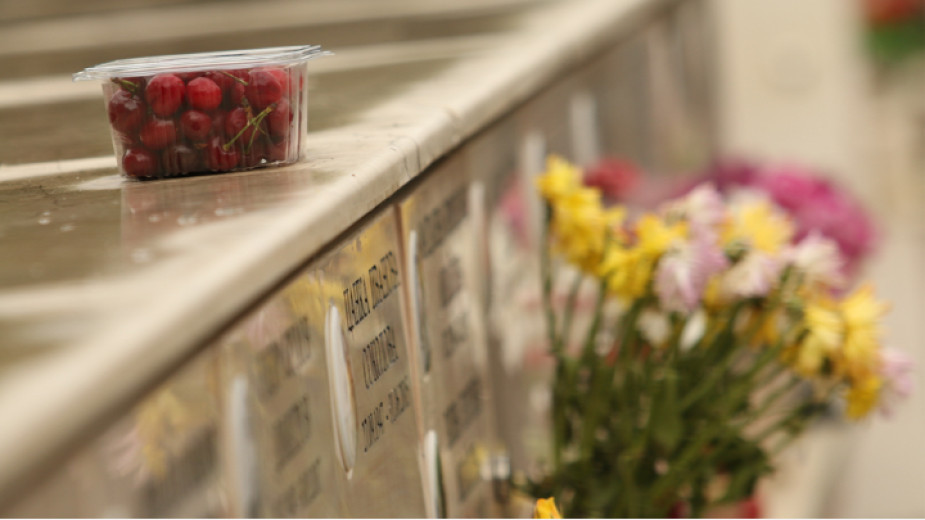Today, June 7, is one of the special days in the liturgical year, in which we offer prayers for forgiveness of sins and repose of the souls of our deceased loved ones.
In the calendar of the Bulgarian Orthodox Church, All Souls’ Day (Zadushnitsa) is marked on the Saturdays before Lent, before Pentecost and before Archangel’s Day. On these days, a liturgy for repose and a general memorial service are held in every church. Believers go to church, write down the names of the deceased and pray that the Lord gives rest to their souls “in a bright place, where there is no pain, sorrow and sighing”.

All Souls' Day immediately before the fiftieth day of the Resurrection of Christ is often called Cherry All Souls' Day because it coincides with the period of ripening and harvesting of the cherries - the most tempting fruit at this time of year. This is the second major All Souls' Day of the year. On this day, church bells ring mournfully - their measured toll reminds us of caring for the dead. Visiting the places of eternal rest of their deceased relatives, the mourners clean the graves, light candles, place flowers, pour wine over the graves, and burn incense. Boiled wheat is prepared and carried to the church and to the cemeteries, as an expression of faith in the resurrection. The food brought to the cemeteries is distributed with the words: "May God Forgive".
Editor: E. Karkalanova
Publication in English: Al. Markov
Photos: library, BGNES
On September 22, 1908, Prince Ferdinand I proclaimed Bulgaria’s independence in a manifesto, formally establishing the Third Bulgarian Kingdom. The location was chosen with care: the Church of the Forty Martyrs in the old capital, Veliko Tarnovo,..
From 16 September, the History Museum in Panagyurishte will be hosting the original Panagyurishte Gold Treasure. The priceless find will be displayed in the museum’s secure vault hall, where it can be seen until October 23. The treasure will be on..
On September 14, the Bulgarian Orthodox Church bows down before the cross on which Jesus Christ was crucified . The Exaltation of the Holy Cross of the Lord or Cross Day is one of the 12 great Christian holidays. It is one of the four days..

+359 2 9336 661
